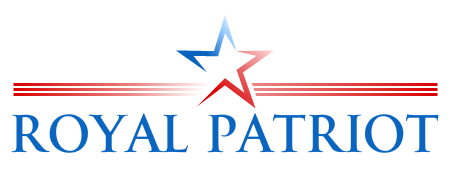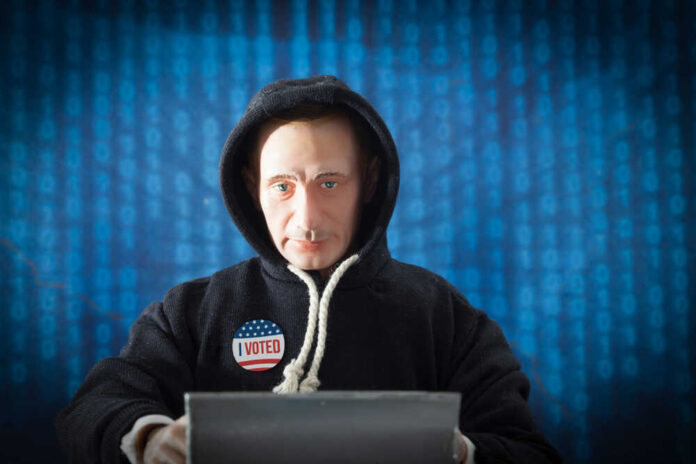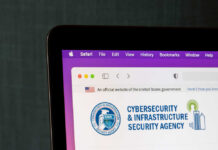Government watchdog groups are raising the alarm about proposed legislation from New York lawmakers to allow some voters to return ballots online, arguing that the plan will put the state’s elections at risk of cyber incidents while eroding confidence in elections, Just the News reported.
Filed by a group of Democrat state lawmakers, the proposed bill would permit New Yorkers serving overseas in the military and those with disabilities to submit “electronic absentee ballots” via email for federal, state, and local elections.
Proponents of the legislation claim that it would preserve the right to a secret ballot which they claim is compromised by the current absentee ballot process.
However, two government watchdog groups in New York have “grave concerns” about the legislation.
In a letter to state legislative leaders, Reinvent Albany and Common Cause New York warn that the legislation would put the security of the state’s elections at “high risk” of cyber attacks and “undermine” the public’s confidence in election results.
The groups wrote that the state should not be relying on “insecure technology for voters” that could produce “unprovable election results” at a time when public confidence in elections and election security “are under relentless attack.”
The lead sponsors of the legislation, state Senator Brad Hoylman-Sigal and state Assemblyman Harvey Epstein, argue that service members who vote electronically by email “relinquish their right to a secret ballot” since their ballots are “copied onto paper” by election officials.
The Democrat lawmakers maintain that by establishing and maintaining “an electronic absentee ballot submission system,” the New York Board of Elections “will allow people who face barriers to voting to retain their right to vote by secret ballot.”
However, the watchdog groups argue that there is a “broad consensus” that such an electronic process presents severe risks to the security and integrity of elections since electronic ballots sent over the internet can be deleted, intercepted, and altered at a scale that could affect the results of an election.


















